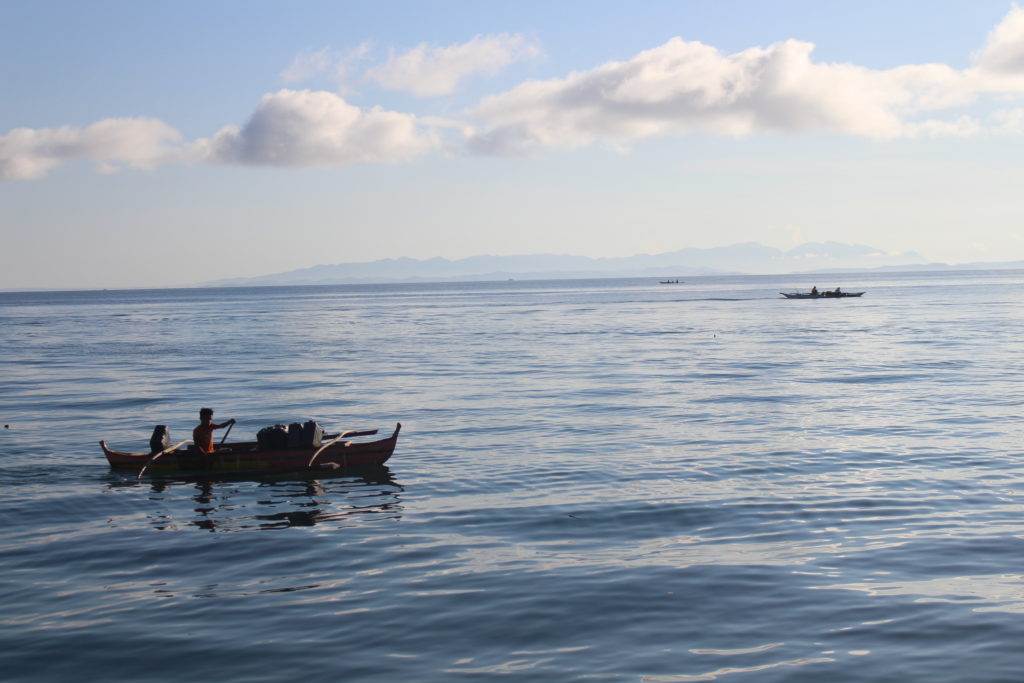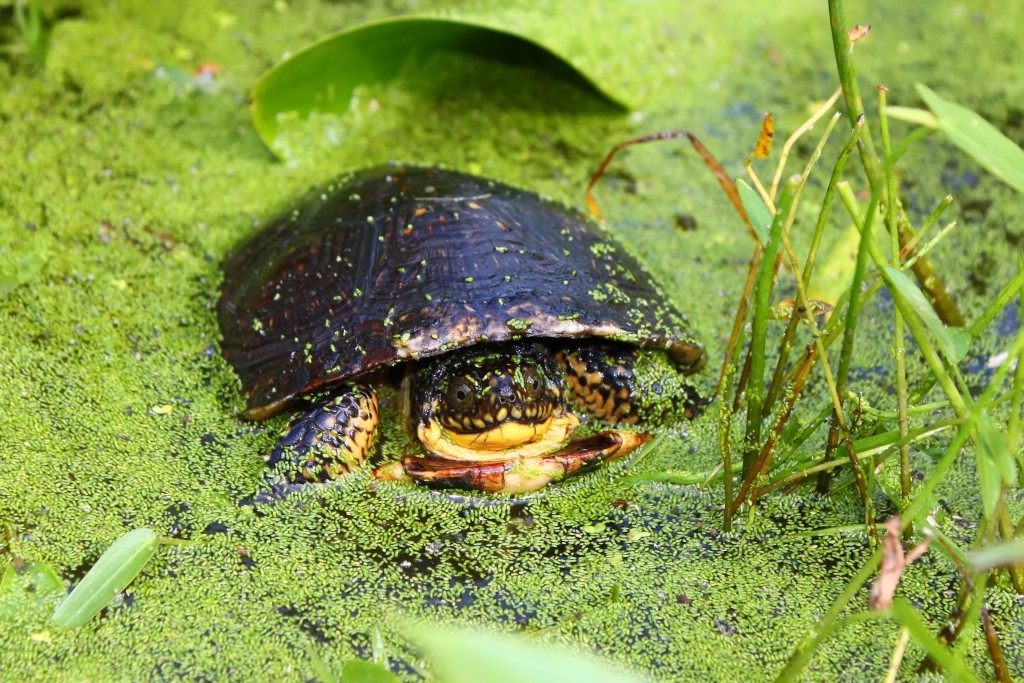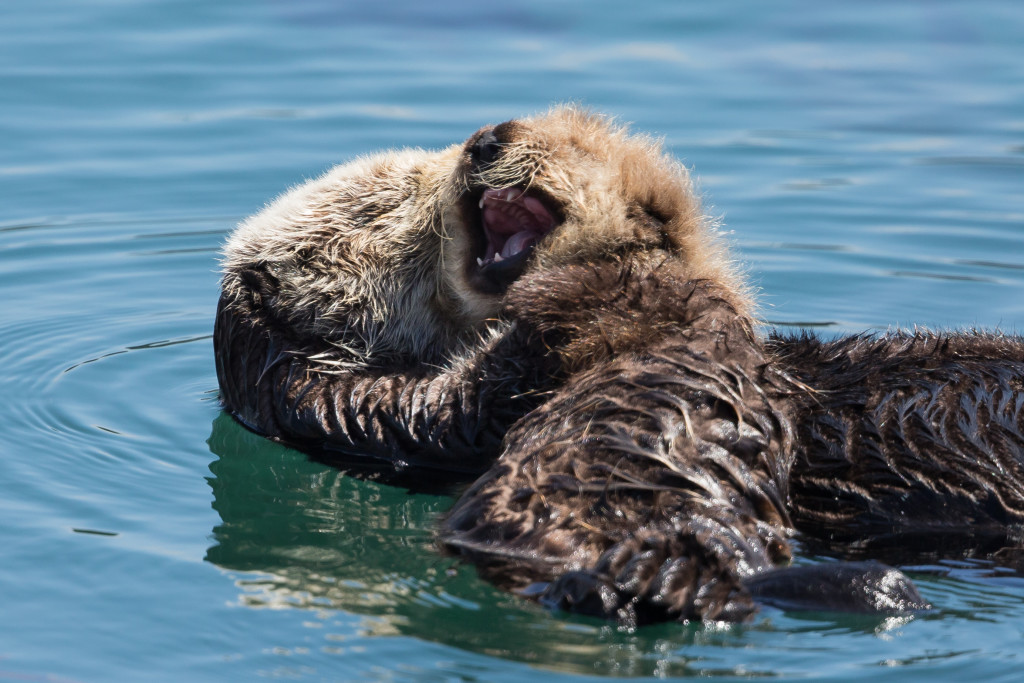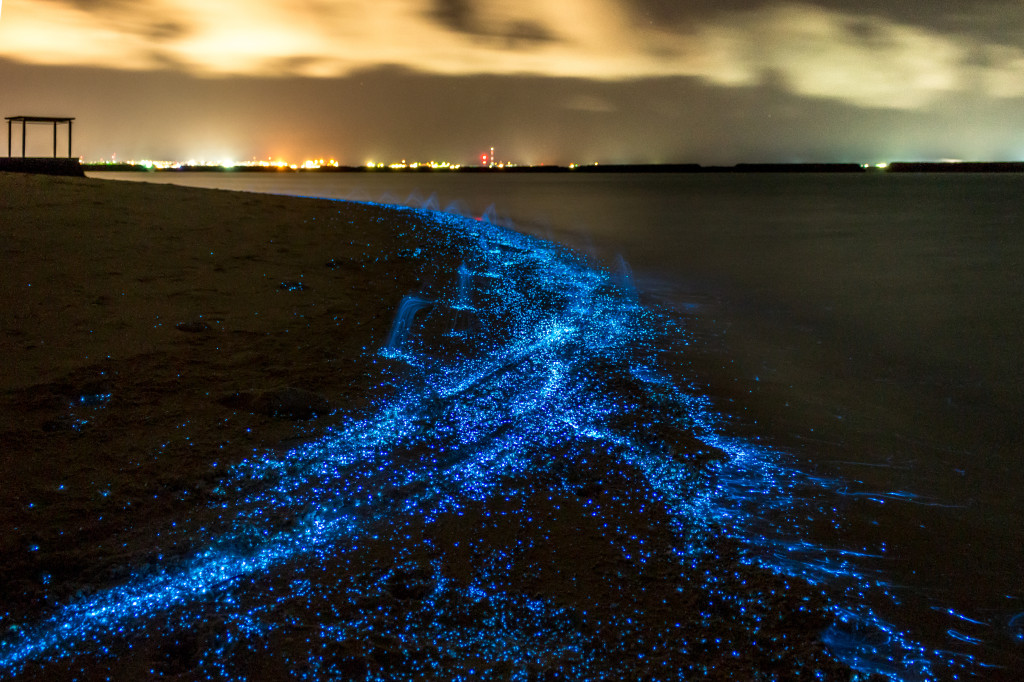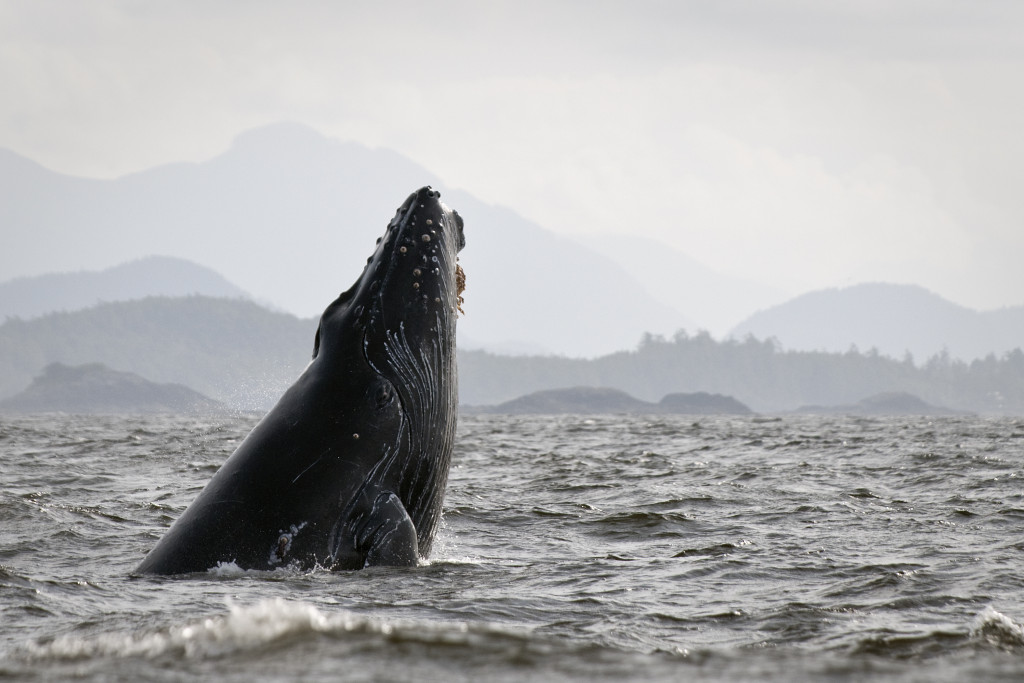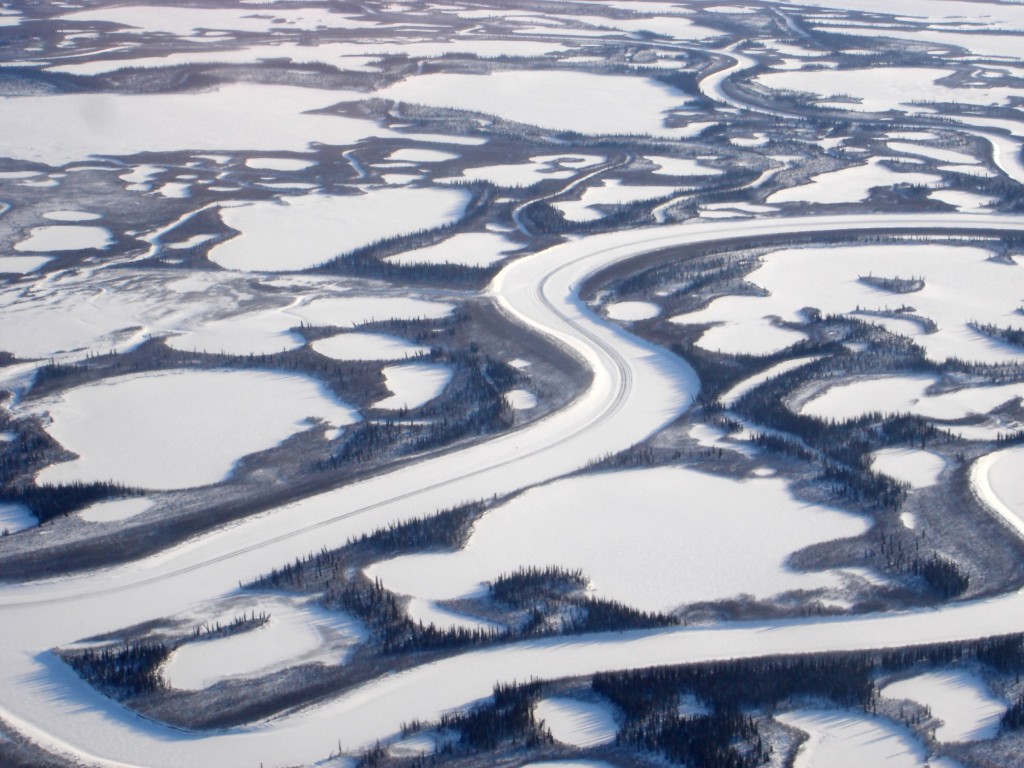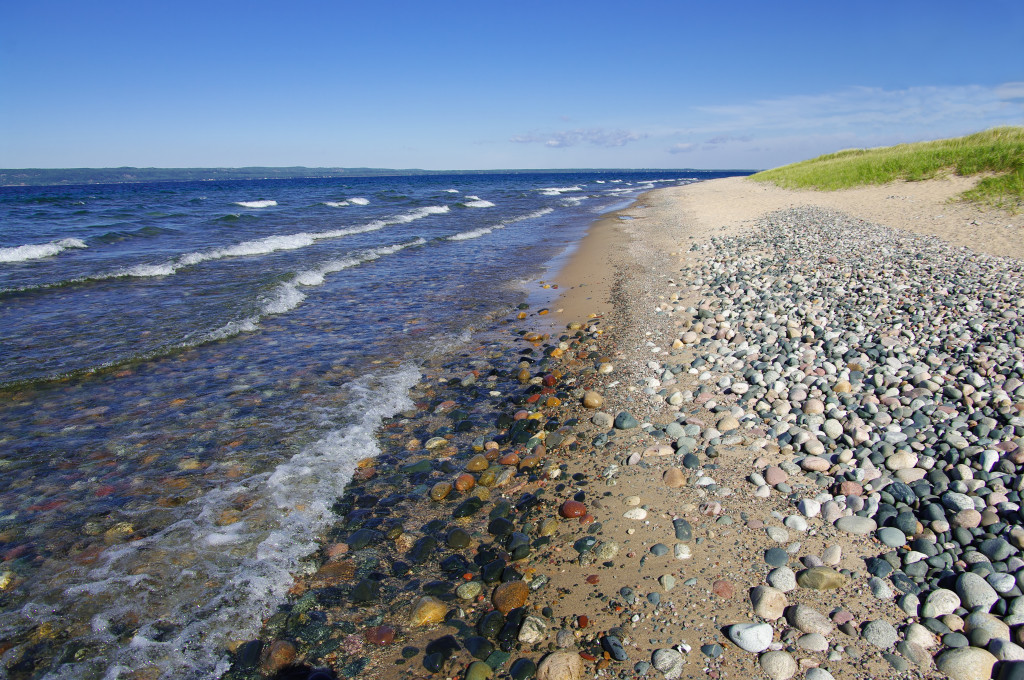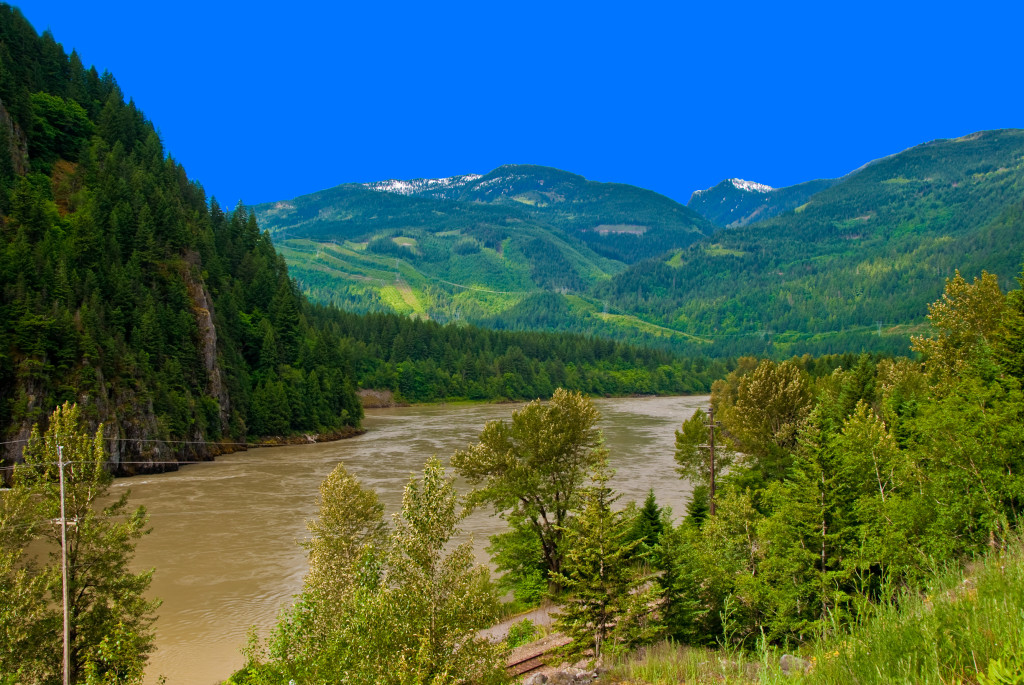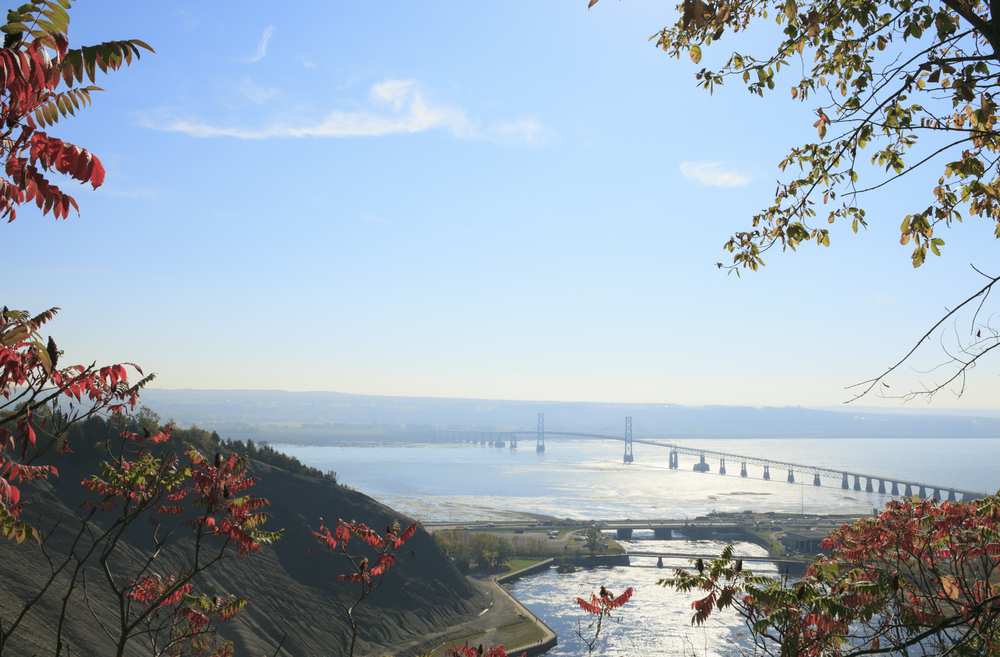Love Nature & WWF International pledge support to Philippines’ Masbate community
Climate change has already hit the poorest communities in the world, and as they are often unable to adapt and recover quickly, it further deepens their hardships. As the effects of climate change worsen, escaping poverty becomes more difficult. The Philippines is one of the top 10 countries in the world that is most vulnerable … Continued
Five at-risk freshwater turtle species
Despite turtles’ tough shells, modern threats such as busy roadways and habitat destruction have put these prehistoric creatures in jeopardy. It’s WWF Water Wednesday, when Love Nature television explores the unique characteristics, natural history, environmental challenges and threats facing waters and aquatic species in Canada and around the world, hosted by WWF-Canada president and CEO … Continued
Five marine mothers and the incredible ways they care for their young
Underwater mothers face challenges and dangers we cannot imagine, including those posed by human activities such as pollution, habitat loss and underwater noise from shipping and development. It’s WWF Water Wednesday, when Love Nature television explores the unique characteristics, natural history, environmental challenges and threats facing waters and aquatic species in Canada and around the … Continued
Five of Canada's wildest islands
These isolated ecosystems boast some of the country’s most diverse populations of plants and animals, including rare and endangered species. It’s WWF Water Wednesday, when Love Nature television explores the unique characteristics, natural history, environmental challenges and threats facing waters and aquatic species in Canada and around the world, hosted by WWF-Canada president and CEO … Continued
5 reasons to thank plankton that you’re alive today
From the food we eat to the air we breathe, plankton help produce and sustain all life on Earth. [geoip-content country=”CA”] It’s WWF Water Wednesday, when Love Nature television explores the unique characteristics, natural history, environmental challenges and threats facing waters and aquatic species in Canada and around the world, hosted by WWF-Canada president and … Continued
5 astonishing facts about Canada’s whale populations
[geoip-content country=”CA”] It’s WWF Water Wednesday, when Love Nature television explores the unique characteristics, natural history, environmental challenges and threats facing waters and aquatic species in Canada and around the world. Tonight at 8 p.m. ET/PT watch Sperm Whales: Titans of the Deep and read on for five incredible facts about whales you’ll find in … Continued
7 Reasons To Visit North Shore-Gaspé
It’s WWF Water Wednesday, when Love Nature explores the unique characteristics, natural history, environmental challenges and threats of Canadian waters. Tune in to Love Nature on television every Wednesday at 8 p.m. ET/PT for WWF Water Wednesdays to learn more about other amazing watery environments found around the world. Stretching from Eastern Quebec across Labrador … Continued
The wild and rugged Lower Mackenzie Watershed
Every other week as part of WWF Water Wednesday, Love Nature explores Canadian Rivers, their unique characteristics, natural history and environmental challenges and threats. Today, we look at the Mackenzie River. Though few have ever seen the extreme, mostly frozen, beauty of the Lower Mackenzie Watershed, it’s one of Canada’s greatest freshwater systems, emptying 13 … Continued
The magnificent Great Lakes
Next in the WWF Water Wednesday blog series by Love Nature is a fascinating look at the Great Lakes. Learn interesting things you may have not known about the Great Lakes watershed is the planet’s biggest freshwater ecosystem, encompassing 223,948 square kilometres. Millions of Canadians and Americans rely on the lakes and surrounding watershed for … Continued
5 freshwater species at risk in Canada
These are just a handful of the species at risk in Canada’s freshwater ecosystems. The health of Canada’s watersheds and maintaining our access to freshwater, food and more, is integral to protecting the livelihood of these species. Learn more about these five species from David Miller, President and CEO of WWF-Canada. Video produced by Blue … Continued
Exploring the Fraser River watershed
The Fraser River Watershed flows 1,370 km through British Columbia, from its source at Mt. Robson Provincial Park in the Rockies, to meet up with the Pacific Ocean, at the Strait of Georgia, in Vancouver. Covering a huge range of habitats and ecosystems, the river comprises 12 unique watersheds each capturing a different aspect of … Continued
5 amazing facts about the St. Lawrence River
North America’s St. Lawrence water system—which includes the Great Lakes—is one of the largest in the world, and is responsible for draining more than a quarter of the Earth’s freshwater reserves. The artery of this system, the St. Lawrence River, reaches deep into the interior of this massive continent, connecting the Great Lakes system to … Continued

